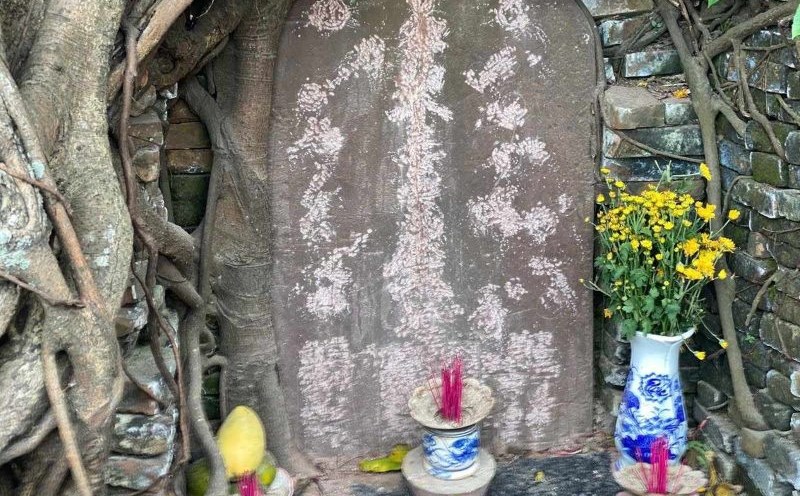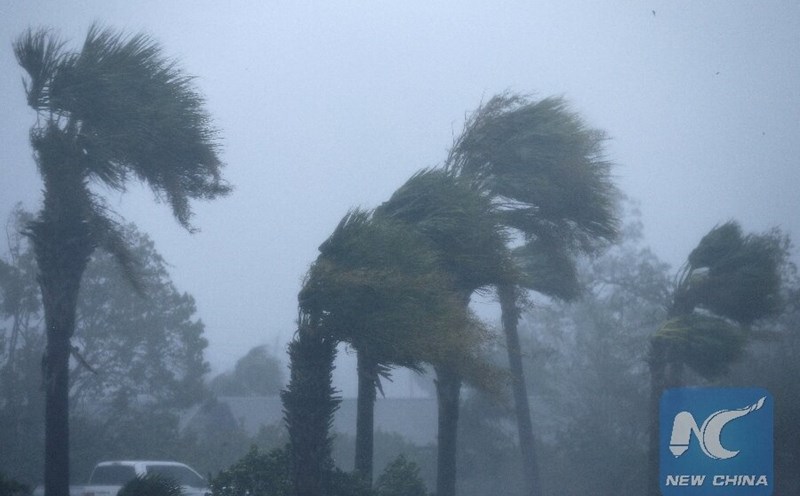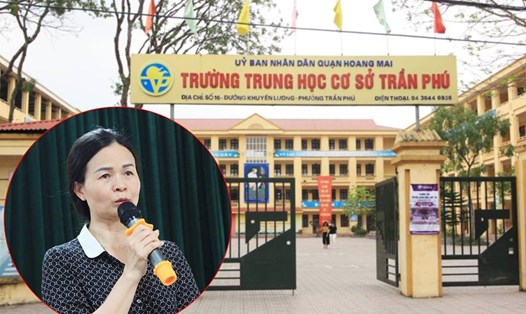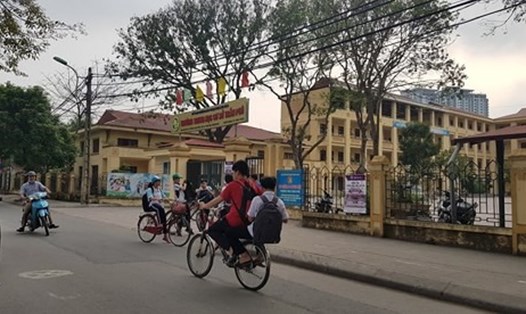Gender education for children from a young age
ABC.net.au quoted Holly-ann Martin, founder and director of Safe4Kids, a company specializing in prevention and control of child abuse, as saying that parents can start teaching their children about their bodies and safe behavior before they go to daycare or kindergarten.
Start by calling the correct names of all parts of the body
While parents teach their children about parts such as the head, shoulders, knees and toes, add to them private parts that no one can touch, such as the mouth, chest, buttocks, vaginal, and penis. When children confidently call out the names of their private parts, they will be aware of the precautions when something happens.
Teach children that no one can touch their bodies without their consent
For children, it is important to feel in control of what is happening to their bodies, so parents should practice asking their children before touching their private parts so that they know that they can say no.
Teach children that only mothers and teachers are allowed to touch their butts, in this or that place. In addition, you should also teach your children that: "No one has the right to touch your child's genitals, including grandparents, uncles, siblings, domestic helpers... Only a doctor or parent can check your body when your child is sick or has any problems.
Don't avoid conversations about sensitive issues
Speaking about the body, emotions and inappropriate actions will create a feeling of honor, but if the family never talks about these things when the children are starting to grow up, it will be very difficult for them to behave, not knowing where to start.
For very young children, parents should not try to push away any sensitive questions, if they are in a public place or an unsuitable space, tell them that they will answer that question at home and will definitely do so.
Help your child identify 5 trustworthy adults
Parents should determine to help their children with a list of 5 trustworthy adults that they can ask for help with. These adults could be parents, aunt, uncle and grandparents as well as teachers, sports coaches and club leaders - anyone the child regularly contacts can help them if they need them.










